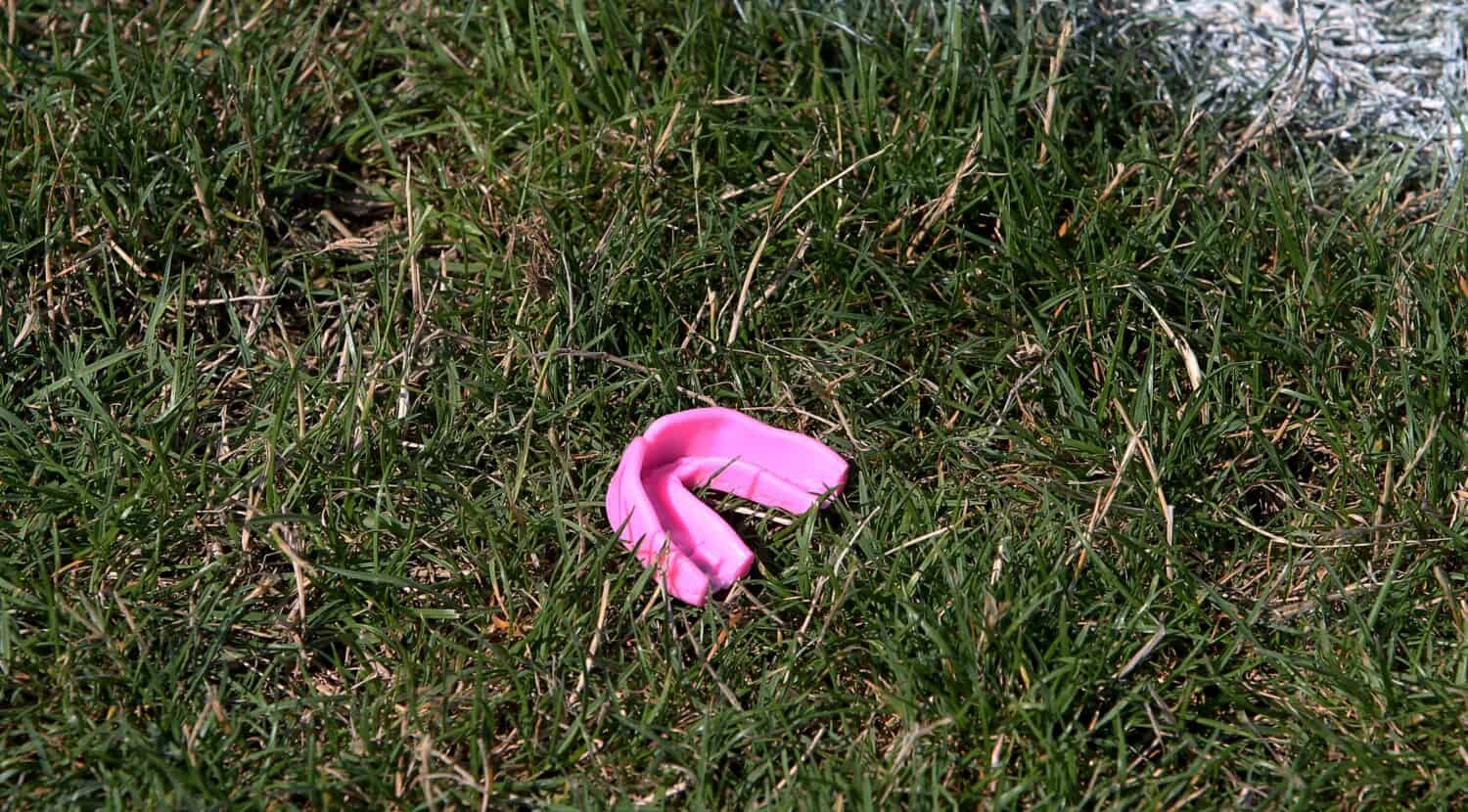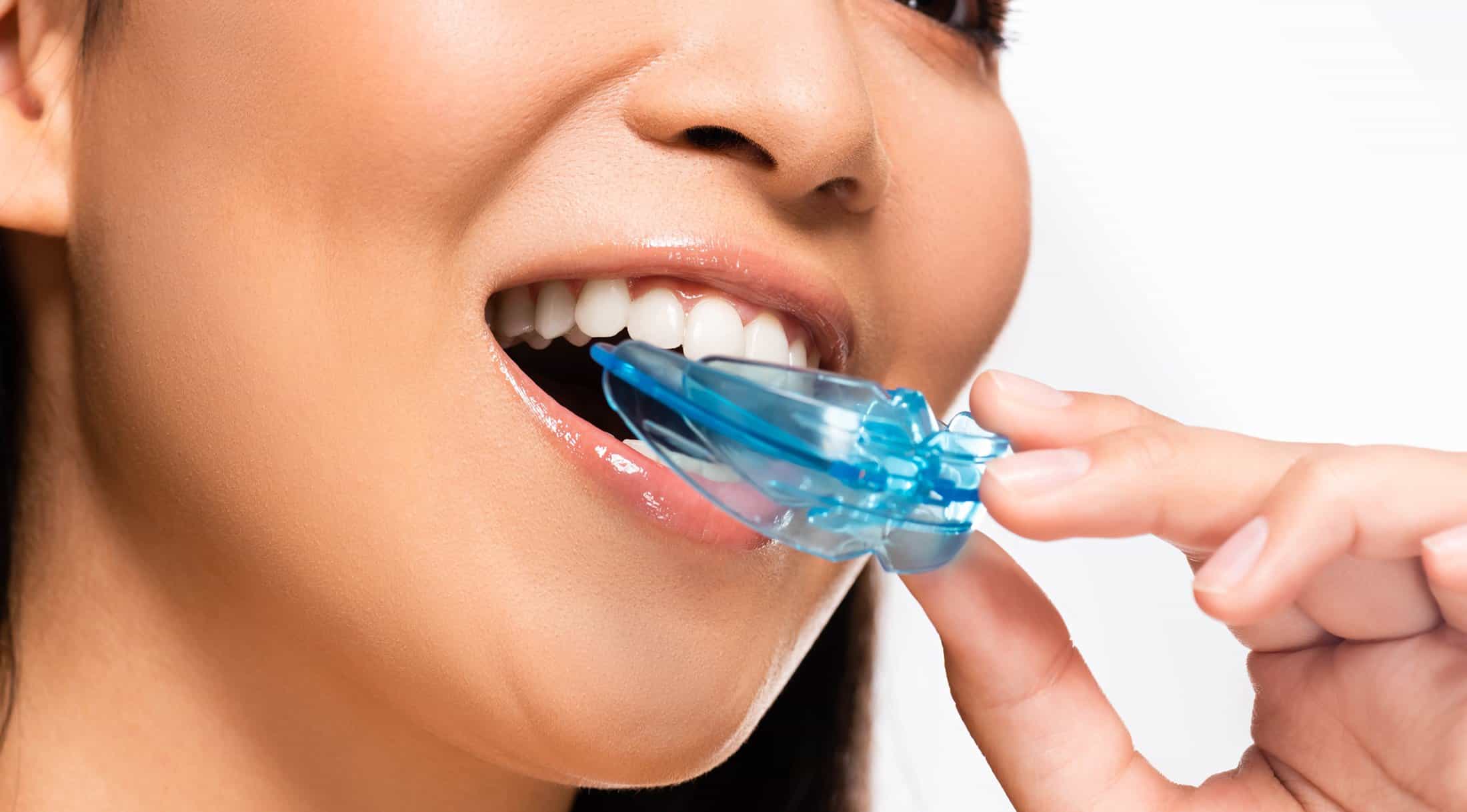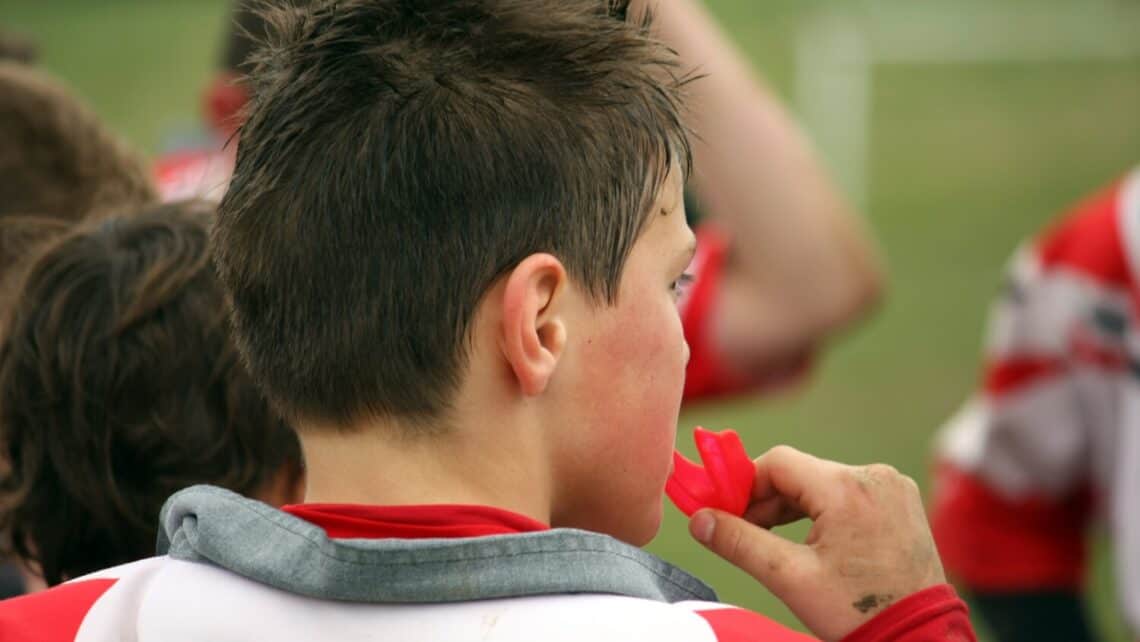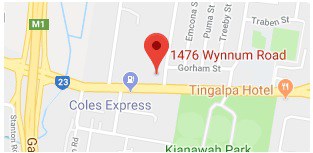Australians play a wide range of sports, contact and both non-contact sports. Autumn and winter are the popular seasons for the most popular contact sport in Australia – Rugby League which is played by almost 175,000 people nationally and at club level. It is estimated that around 30,000 children play the sport in their schools. As a result of contact sports gaining popularity, the incidence of injury has also increased. It is reported by the American Dental Association that sports accounts for approximately 36% of all unintentional injuries and of these 10-20% are maxillofacial injuries.
Different types of dental injuries
Injuries to the teeth can be grouped into three different categories.
- Fracture: This is a result of the tooth getting fractured, broken or chipped.
- Avulsion: This happens when the entire tooth or teeth get knocked out.
- Luxation: This happens when the tooth remains in the socket but in a wrong position.
So, what can you do to protect yourself?
One of the most popular methods to avoid injuries to your teeth are mouthguards. A mouthguard can protect you from some serious sporting injuries, such as broken jaws, fractured, cracked or knocked-out teeth, cut lips and tongues.
Remember, damaged teeth do not grow back and hence it is very important to invest in a proper fitting mouthguard which is comfortable, tear resistant and does not restrict speech or breathing.

How does a mouthguard work?
Sports mouthguards act to absorb and spread the impact of a knock to the face, which may otherwise result in an injury to the mouth or jaw/s. Mouthguards should be worn during training and on game day.
Different types of mouthguards
Over the counter mouthguards
Many retail stores, sports equipment stores and chemists sell mouthguards which come in 2 types, stock mouthguards and ‘boil-and-bite’ mouthguards.
Stock mouthguards are generic plastic mouthguards that are worn as they are and are not fitted to the shape of the individual wearer’s teeth and gums.
‘Boil-and-bite’ mouthguards are named after the process used to fit them in the mouth. The generic plastic mouthguard is placed in warm water and then moulded within the mouth to the shape of the teeth. This do-it-yourself process can cause some parts of the mouthguard to be thinner than others which can affect how well the mouthguard protects the teeth.
Over the counter mouthguards may not necessarily fit properly and can sit loose in the mouth. They do not provide the same level of protection as a custom-made mouthguard and may interfere with talking or breathing.
Custom-made mouthguards
Custom-made mouthguards are designed by a dentist to fit your teeth. They are the best protection for your teeth because they are customised to fit the exact contours of your mouth. They are comfortable to wear and allow you to breathe and speak easily compared to the store-bought options.

How can I get a custom-made mouthguard?
Your dentist is the best option to talk about a custom-made mouthguard. Your dentist will take a mould or a 3D scan of your upper teeth to design a mouthguard that will fit perfectly around your teeth and gums.
A custom-made mouthguard is easier during breathing or talking. It is more comfortable, stronger and will give the best protection to your teeth.
How often should mouthguards be replaced?
Ideally, mouthguards need to be replaced every year because they can wear down over time which makes them less effective. For children and adolescents, since their teeth continue to grow, more frequent replacement is required. Talk to your dentist on how long you need to replace your mouthguard.
Mouthguards should be rinsed in warm or cool water after use and stored in a cool dark place, away from direct sunlight.
To conclude
Talk to your dentist who can advise if you need a custom-made mouthguard or recommend an over-the-counter option.
Want to book an appointment?
Book online by clicking here. Call our friendly team on 3390 6100 or email us.












Leave a Comment